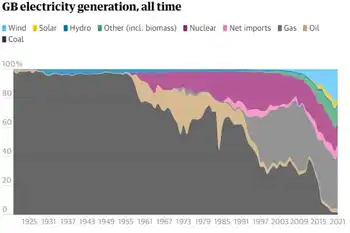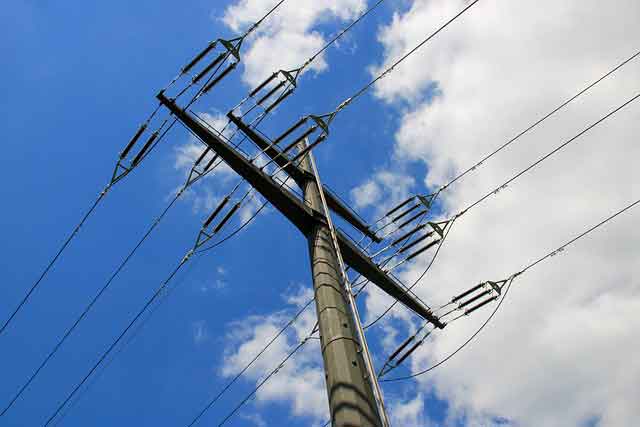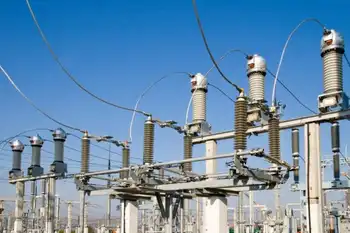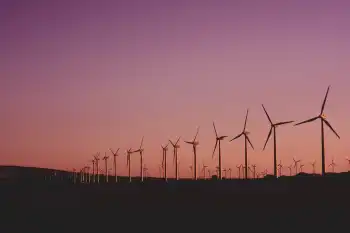TransCanada brings on Alberta power plant
- TransCanada PipeLines Ltd. said on Tuesday it switched on its new gas-fired cogeneration power plant at a southern Alberta fertilizer manufacturing facility owned by Agrium Inc. . The C$75 million ($47.8 million), 80-Megawatt plant, which burns natural gas to supply both steam and electricity, is located at Carseland, 40 km (24 miles) southeast of Calgary.
Agrium, Canada's second-largest fertilizer producer, will use the steam and some of the electricity, with the remainder sold by TransCanada into Alberta's power market, which was deregulated at the beginning of this year.
TransCanada is focusing on power as a key to future growth. It owns, controls or is developing almost 1,900 megawatts of power generating capacity. A Megawatt is equal to about the amount of electricity consumed by 1,000 average households.
Related News

Energy dashboard: how is electricity generated in Great Britain?
LONDON - Great Britain has one of the most diverse ranges of electricity generation in Europe, with everything from windfarms off the coast of Scotland to a nuclear power station in Suffolk tasked with keeping the lights on. The increasing reliance on renewable energy sources, as part of the country’s green ambitions, also means there can be rapid shifts in the main source of electricity generation. On windy days, most electricity generation comes from onshore and offshore windfarms. When conditions are cold and still, gas-fired power stations known as peaking plants are called into action.
The electricity system in Great Britain…




